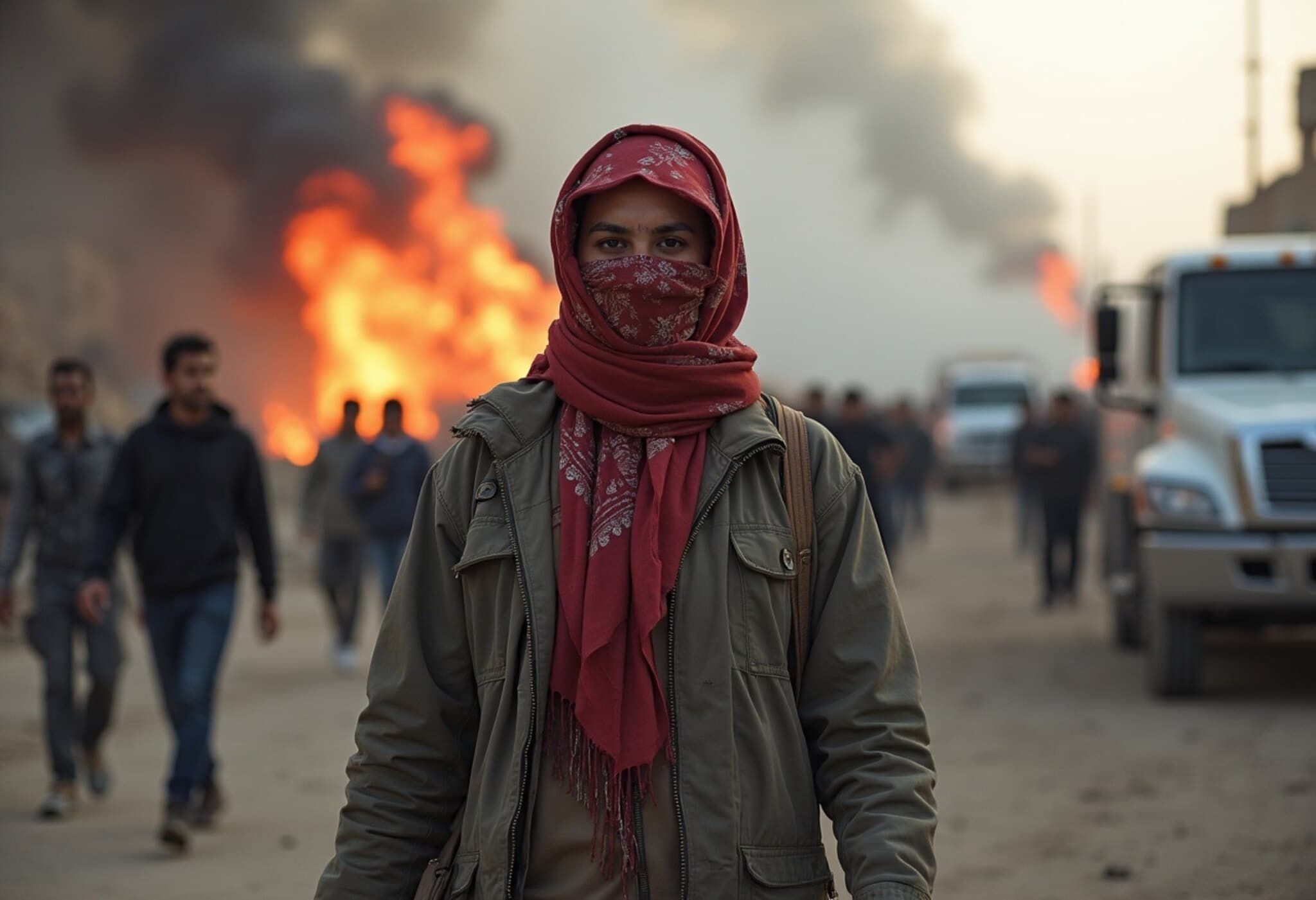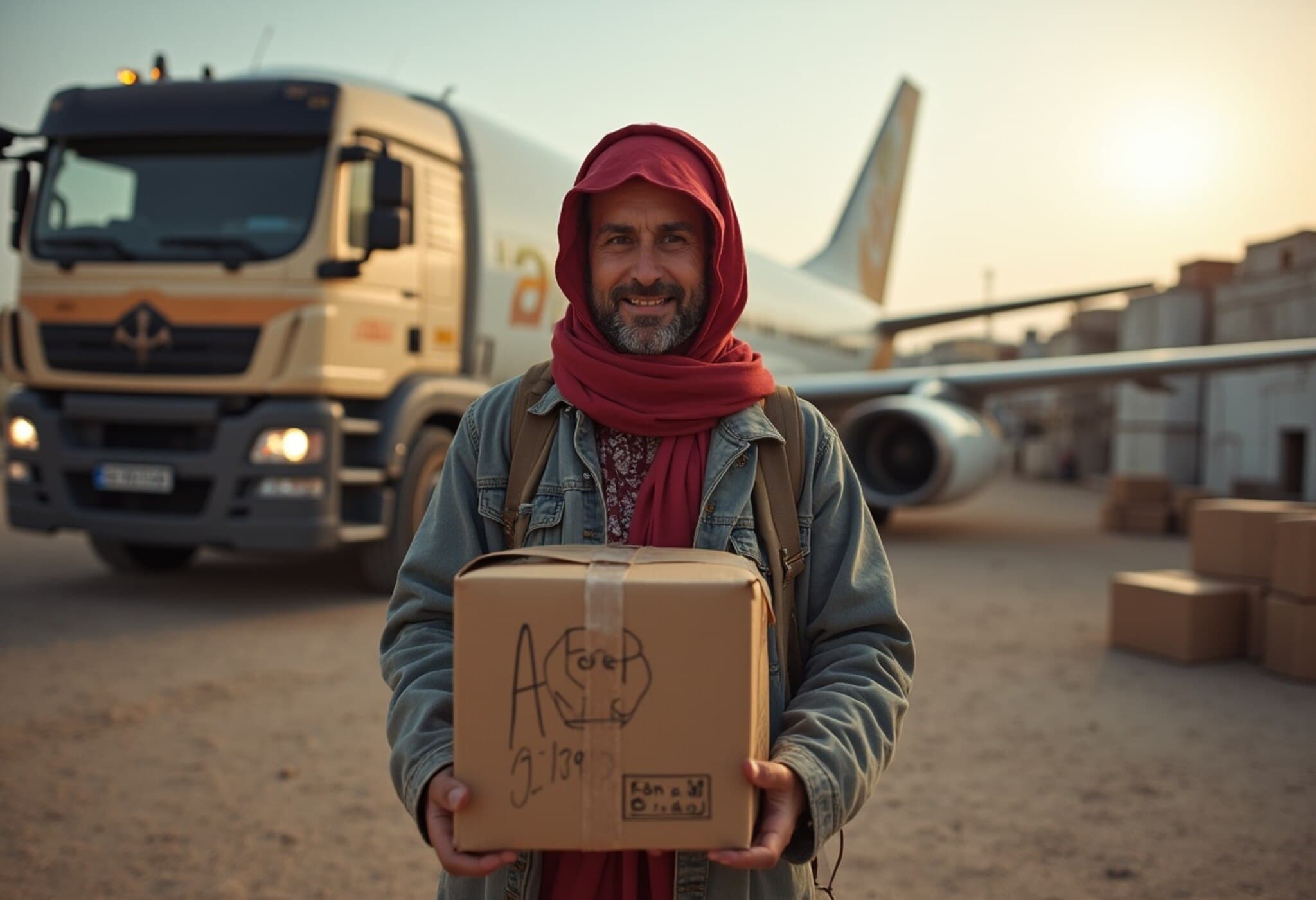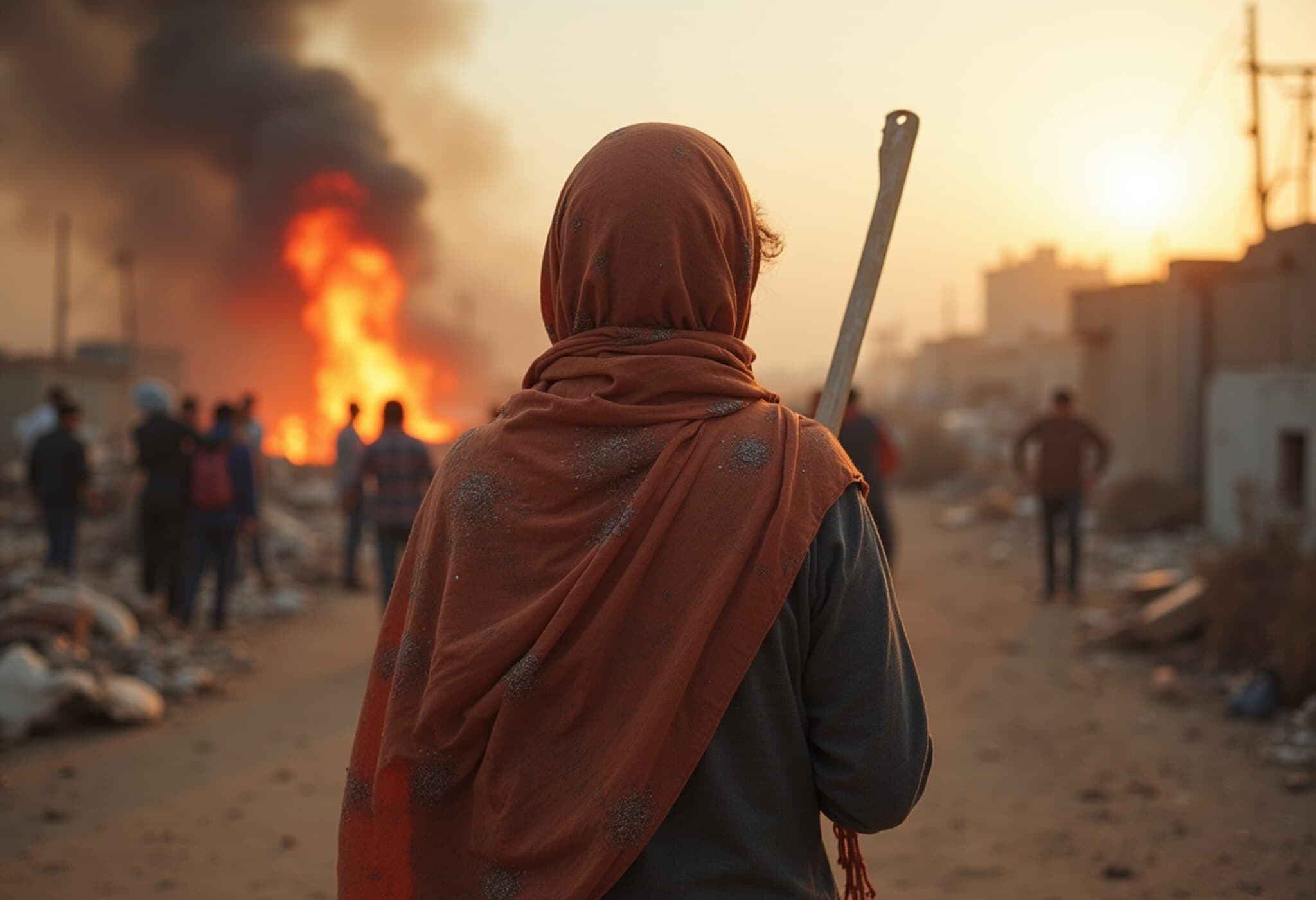Germany Voices Deep Concern Over Gaza Humanitarian Crisis
Germany has expressed sharp criticism of the current state of humanitarian aid flowing into Gaza, labeling it as "very insufficient" to meet the urgent needs of millions facing starvation. The German government’s stance came on the heels of Foreign Minister Johann Wadephul’s recent visit to the region and the country’s inaugural military food airdrops into northern Gaza.
Urgency Amid a Deepening Humanitarian Emergency
With over two million Palestinians enduring severe shortages of food and medical supplies, the humanitarian situation in Gaza remains dire. Despite some progress, including an increased number of aid trucks entering Gaza’s borders and emergency air drops by foreign militaries, Germany and international observers emphasize that these measures fall far short of what is required to avert widespread starvation.
Government spokesman Stefan Kornelius underscored Germany’s perspective: "Israel remains obligated to ensure the full delivery of aid." This firm call reflects broader international pressure on Israel to ease access restrictions and facilitate comprehensive humanitarian relief efforts.
Complex Challenges on the Ground
Israel’s security concerns, especially regarding the ruling authority in Gaza — Hamas — complicate the aid delivery landscape. Berlin has acknowledged reports that some aid consignments may be intercepted or withheld by Hamas or affiliated criminal factions. Israel asserts that Hamas exploits humanitarian deliveries for military gain, a claim contested by humanitarian agencies which accuse Israeli forces of tolerating criminal groups that divert aid supplies.
Jonathan Whittall from the UN Office for the Coordination of Humanitarian Affairs highlighted in May: "The real theft of aid since the beginning of the war has been carried out by criminal gangs, under the watch of Israeli forces." This tangled web of conflict and aid diversion underscores the acute difficulties faced by agencies trying to reach civilians.
Options Under Consideration: German Government Weighs Stronger Measures
Berlin’s long-standing support for Israel is now being recalibrated against escalating concerns about the humanitarian impact of the conflict. A recent German security cabinet meeting explored potential routes to increase pressure on Israel, including the debated option of partially suspending arms deliveries — a significant policy shift that signals Germany’s willingness to leverage its influence.
This comes amid one of the deadliest conflicts in the region’s recent history: following a deadly attack by Hamas militants on October 7, 2023, which claimed over 1,200 Israeli lives, Israel's military response in Gaza has resulted in tens of thousands of Palestinian casualties.
Broader Implications and the Path Forward
- International Aid Bottlenecks: According to the UN, thousands of aid vehicles remain on hold, awaiting Israeli permits to enter Gaza.
- Humanitarian Access vs. Security: Striking a balance remains a formidable challenge, with both sides holding conflicting priorities.
- Diplomatic Pressure: Germany’s evolving stance may inspire other countries to reconsider their policies toward aid and military support, possibly reshaping alliances.
For millions caught in Gaza, the stakes are life and death. The world watches closely as diplomatic and humanitarian efforts strive to break the impasse and deliver critical aid.
Editor’s Note
This unfolding humanitarian crisis in Gaza is a stark reminder of the complexities that arise when geopolitical conflict intersects with urgent human needs. Germany’s recent criticisms and potential policy shifts highlight a significant moment of reckoning within international relations, where humanitarian imperatives challenge long-held political alliances. Readers might consider:
- How might increased international diplomatic pressure influence Israel’s policies on aid access?
- What mechanisms could ensure aid reaches civilians without empowering armed groups?
- How does Germany’s stance reflect broader shifts in European Middle East policy?



















